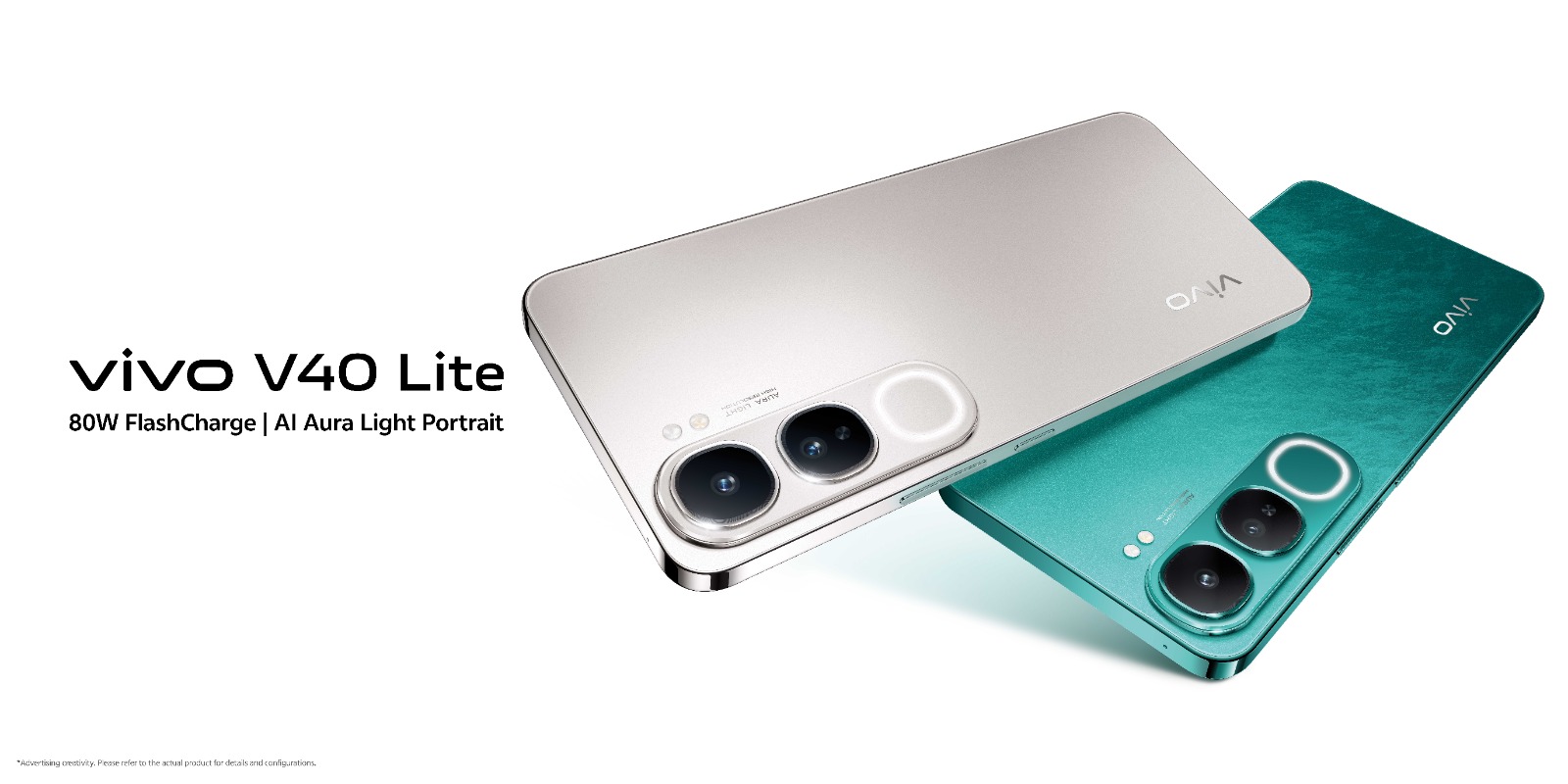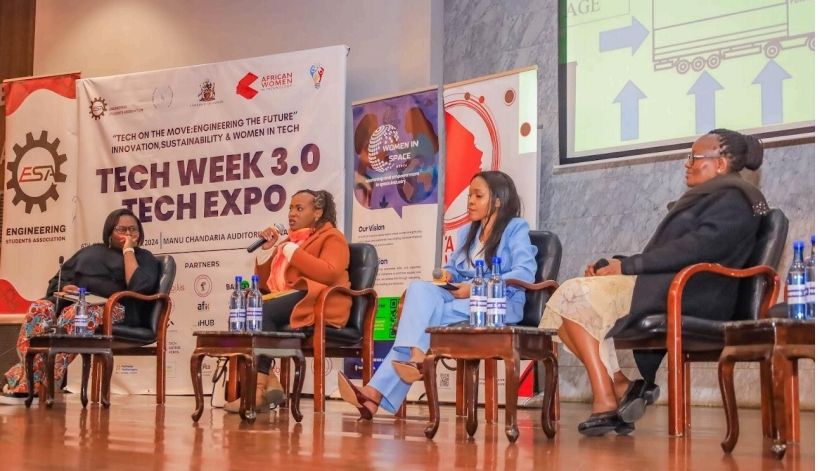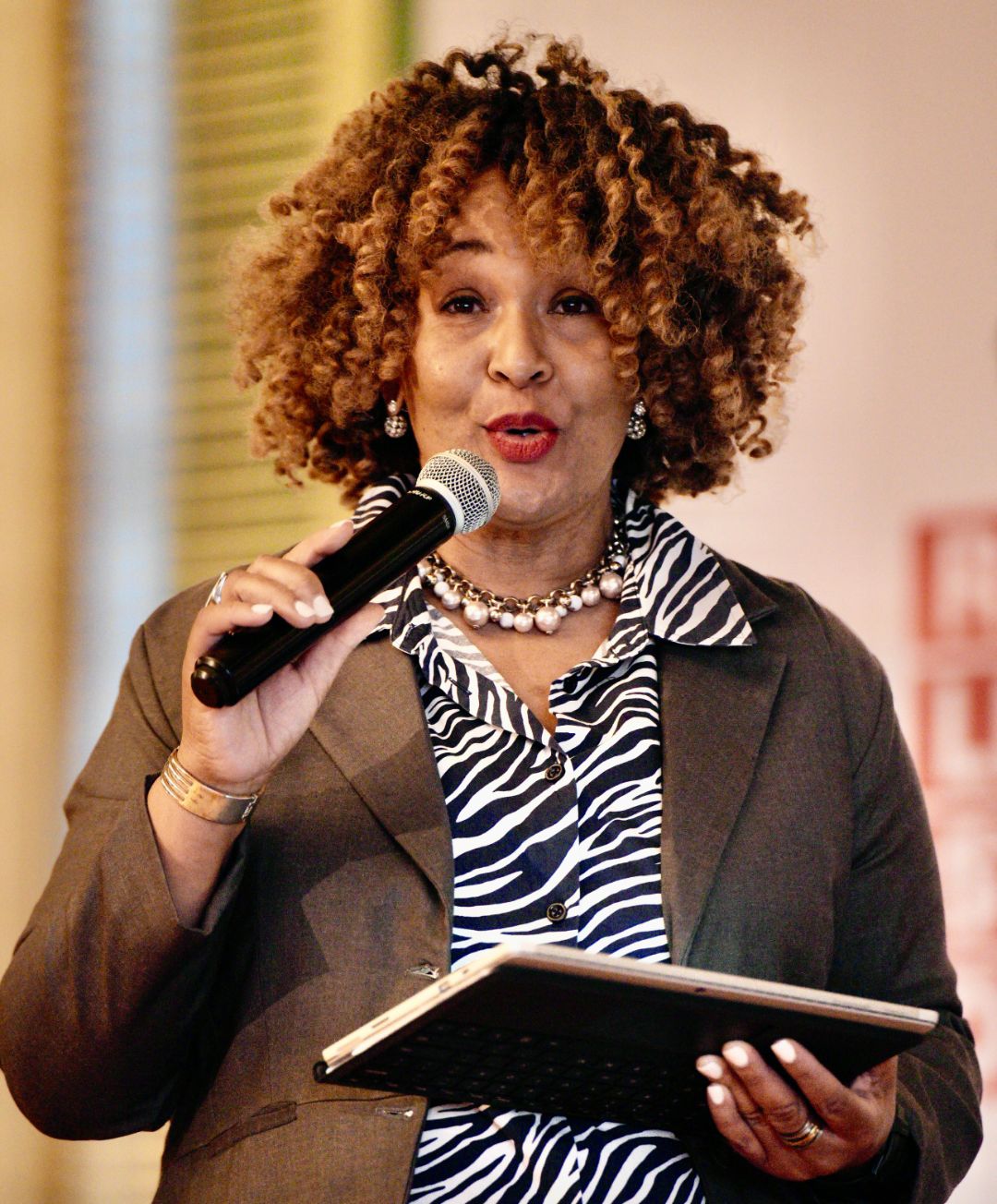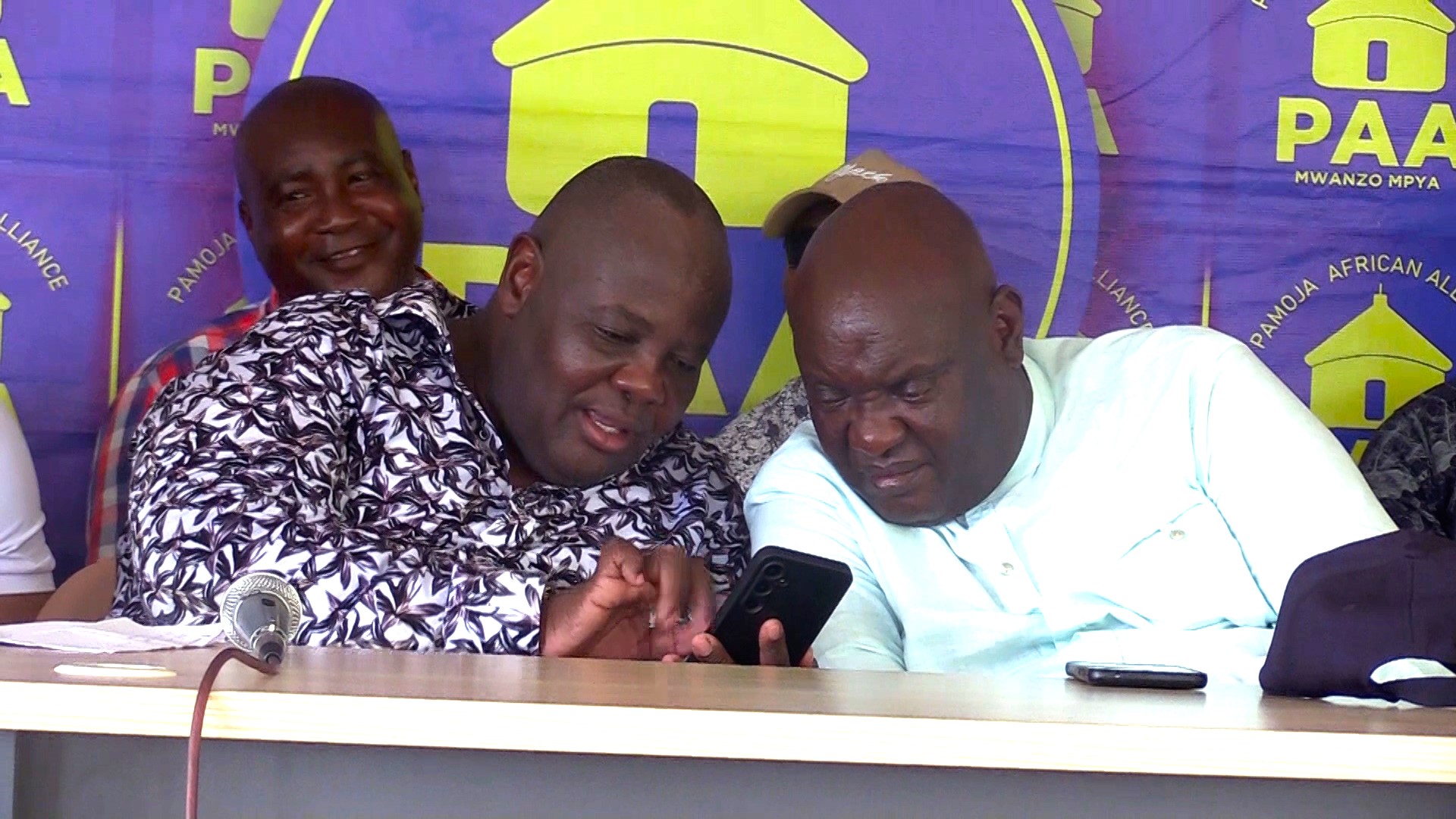Bhakita Partnership for Education Challenges African Nations to Increase Education Funding towards Gender Transformation and Relevance
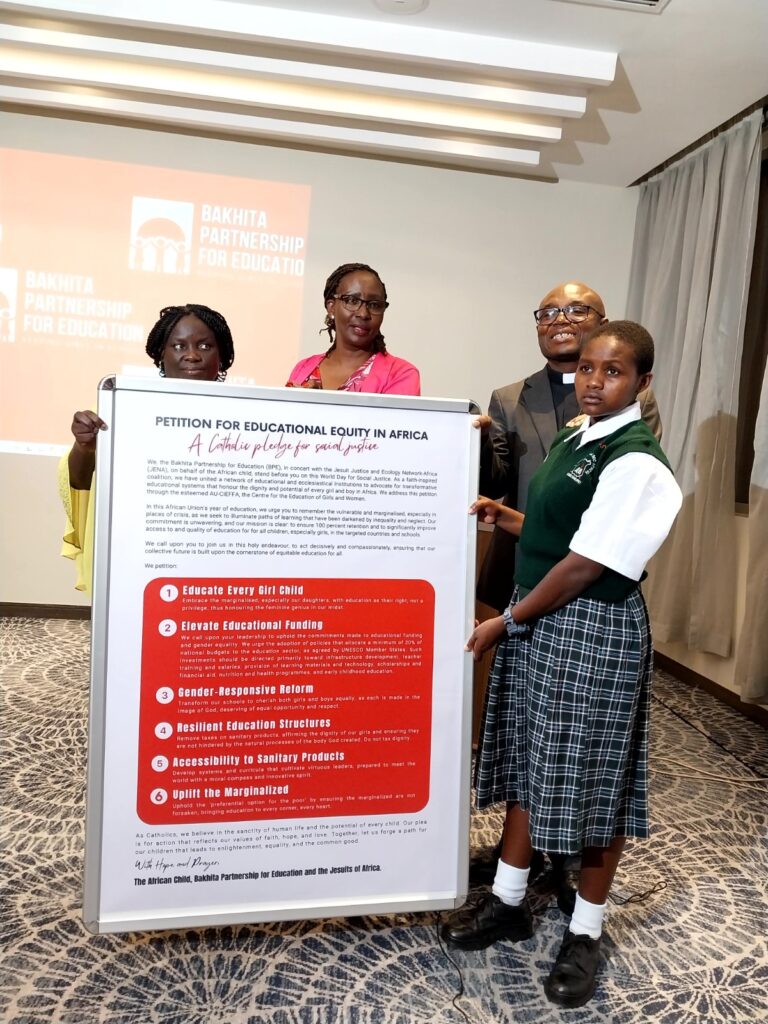
The Bakhita Partnership for Education has unveiled a new initiative, aiming to engage African nations in a concerted effort to boost their investment in education. The campaign emphasises the need to adapt educational systems to be more gender-responsive, transformative and forward-looking, ensuring they are aptly suited for the demands of the 21st century.
The campaign dubbed ‘The 21st Century African Girl” is calling on Governments and stakeholders in Education from all over Africa to prioritise the empowerment of Africa’s youth population with skills relevant and sufficient to thrive in this 21st Century in a manner that guarantees gender equity.
In his welcome remarks, the Director for the Jesuits Justice and Ecology Network Africa and the Board Chairperson of the Bakhita Partnership for Education, Fr. Charles Chilufya, S.J, said “This initiative underscores a commitment to leveraging this pivotal year to advance education equity and empower girls and women across the continent. It is a testament to our dedication to ensuring that every girl receives quality education, prioritizing the most vulnerable and marginalized. We chose to unveil it today as we celebrate the World Social Justice Day.
He further urged all stakeholders to support this campaign by signing the petition on the Bakhita website (https://bakhitaafrica.org/).
The educational campaign initiated by Education Secretary Ezekiel Machogu is strategically designed for maximum impact through five distinct approaches which include “21st Century African Girl” Initiative, a program aiming to raise awareness about the challenges faced by girls in accessing education in Africa. It seeks to highlight the importance of empowering girls through education and addressing the barriers they face.
Secondly, the campaign advocates for the tax-exempt status of sanitary products such as sanitary towels, sanitary tampons, menstrual cups, menstrual pants and menstrual sponges to improve girls’ access to school by making these essential items more affordable and accessible.
In addition, the campaign calls for a significant commitment from African governments, demanding that at least 20 per cent of their annual national budgets be allocated to the education sector. This funding should be used primarily for infrastructure development, teacher training and salaries, provision of learning materials and technology, scholarships and financial aid, nutrition and health programs, and early childhood education.
The campaign further advocates for government intervention to extend educational opportunities to marginalized communities and areas affected by crises like poverty and wars, particularly in rural and peri-urban regions. It urges governments to prioritise the establishment of educational facilities, provision of resources, and implementation of supportive policies to ensure that children in these regions have access to quality education.
The initiative also focuses on raising funds to support marginalized children and enhance educational infrastructure. A significant emphasis is placed on developing Water, Sanitation, and Hygiene (WASH) facilities in schools, which are crucial for maintaining a healthy and conducive learning environment.
“The future is female, so we need to unlock the continent’s potential by placing 21st Century Gender Transformative education the at the heart of economic development by ensuring that every African learner is equipped for the challenges and opportunities of the 21st Century”, said Mme Simone Yankey-Ouattara, African Union Centre for Girls and Women Education (AU CIEFFA).
The launch comes in the wake of the groundbreaking decision by the African Union to adopt education as the AU Theme of the Year 2024 with the rallying theme being “Educate an African fit for the 21st Century: Building resilient education systems for increased access to inclusive, lifelong, quality, and relevant learning in Africa”.

